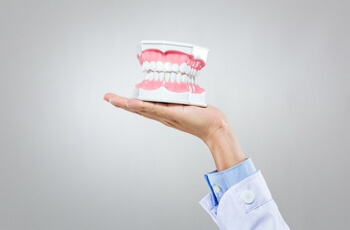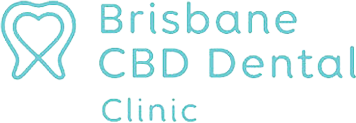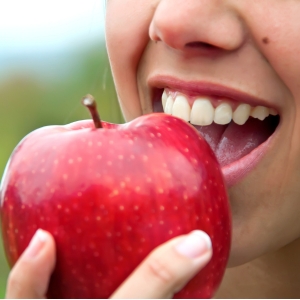Sleep and Your Teeth

Wondering if your teeth are suffering from a sleep condition? Ask us at your next visit.
Each night as you drift off into unconsciousness, probably the last thing you’re thinking of is your teeth. However, our sleep can dramatically affect our teeth and oral health.
Not getting enough deep, restful sleep is a common, yet overlooked health issue. Insufficient sleep due to sleep apnoea increases the risk of coronary artery disease, stroke, high blood pressure, diabetes and heart disease. It can also affect our teeth.
When muscles in the throat relax during sleep, the airway can be partially blocked. This can reduce the oxygen flow. We respond by awakening to gasp for air. And it can happen without being conscious of even waking up.
Imagine this happening hundreds of times each night. No wonder you’re tired all day long!
This sleeping disorder often involves mouth breathing. Waking up with a dry mouth, sore throat or headache is a common sign of mouth breathing.
The Consequences of Dry Mouth
When we sleep, our body naturally reduces its production of saliva. Saliva is crucial for chewing and digestion, but it also neutralises acids and keeps our mouth moist and healthy. Breathing through our mouth instead of our nose can dry our teeth and gums.
This causes soft tissues to shrink and gives bacteria a foothold to grow. Not only is this uncomfortable, but it can set the state for bad breath, infection and eventually, periodontal disease.
Obviously, brushing your teeth before bedtime is essential. But it doesn’t have to be done immediately before turning in. Many types of toothpaste can dry out your mouth. Brushing an hour or two before bedtime may be better.
The Consequences of Teeth Grinding
Teeth grinding is another issue that can affect our teeth at night. The technical term is bruxism.
Nighttime teeth grinding can cause premature wear to your teeth, damaging the enamel coating. Some researchers believe that teeth grinding is a reflex designed to move the jaw forward to increase airflow.
The most common treatment option is to wear a mouth guard or bite splint that can prevent the upper and lower jaw from contact.
The Consequences of Great Sleep
Sleep is a vital part of good health. It gives us a chance to rest, repair and recover our energy for another day. It bolsters our immune system and helps promote better health—even better oral health.



